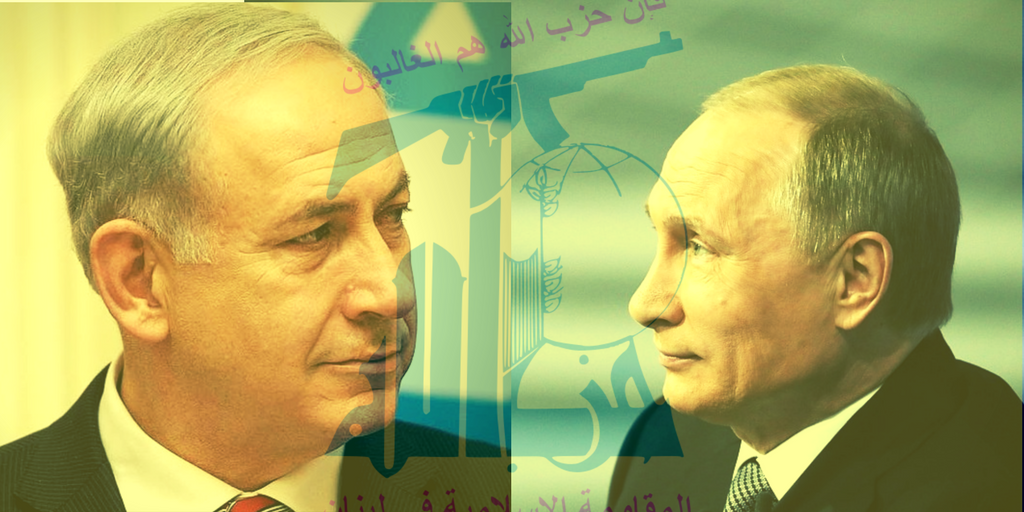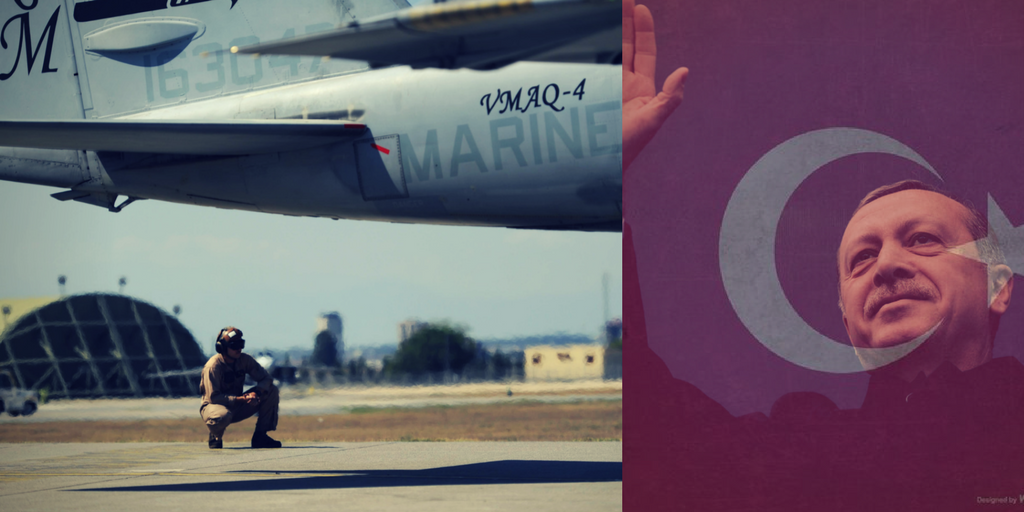It is safe to assume that the current war of words between President Trump and Putin will escalate to a US attack on Syria. At this point there is little doubt that Trump will follow through on his threats to attack Assad. “Russia vows to shoot down any and all missiles fired at Syria. Get ready Russia, because they will be coming, nice and new and ‘smart!'” Trump Tweeted yesterday.
The real unknown is the Russian response to a NATO backed US attack on Syria.
Putin will likely decide to create as much chaos as possible in responding to the USA. Three things to expect after the attack (assuming the attack is limited to infrastructure) are the following:
Iranian Attack on Israel: Iran and Hezbollah will be given a green light to attack Israel in both the Galilee and the Golan. This will draw Israel into a direct war, which has the potential to decimate Israeli population centers and more importantly for Russia to remove Israel from a position of help to the USA.
Overthrow elected governments in Lithuania and Latvia: These two Baltic States have been a target for Putin’s desire to rebuild the former Russian empire. Not only can he pull off coups in both places, he can easily move his forces into both countries using Russian separatists in the same way he has in Ukraine’s Donbass. This will be a major blow to both EU and NATO expansion and send the continent into a frantic tailspin.
Support Transnistria: Putin has long thrown soft support behind the Moldovian province of Transnistria, which would give him an anchor on the west of the Black Sea. This may not be as threatening as overturning Lithuania or Latvia, but the message would be clear. Russia is on the move and a real threat to European stability.
World War Three?
The above responses assume that Trump’s attack will be limited, but if Trump and his NATO allies or Israel actually take out Assad, then Russia and perhaps China will use that as a reason to threaten the USA and the West in a far more global manner.





